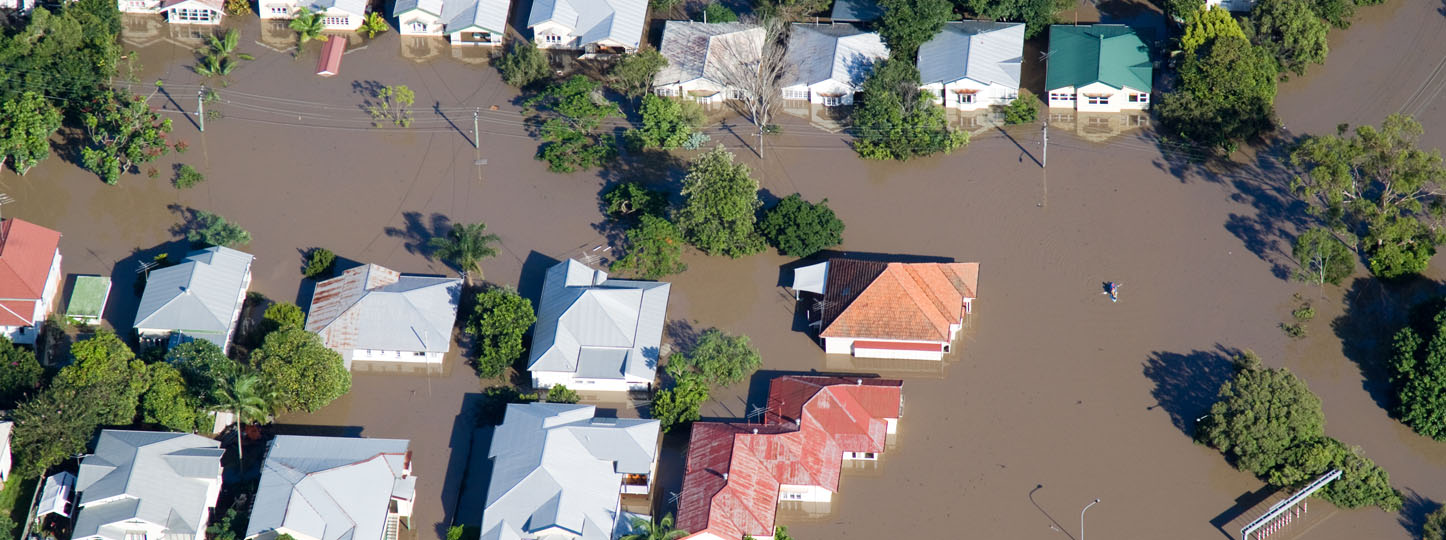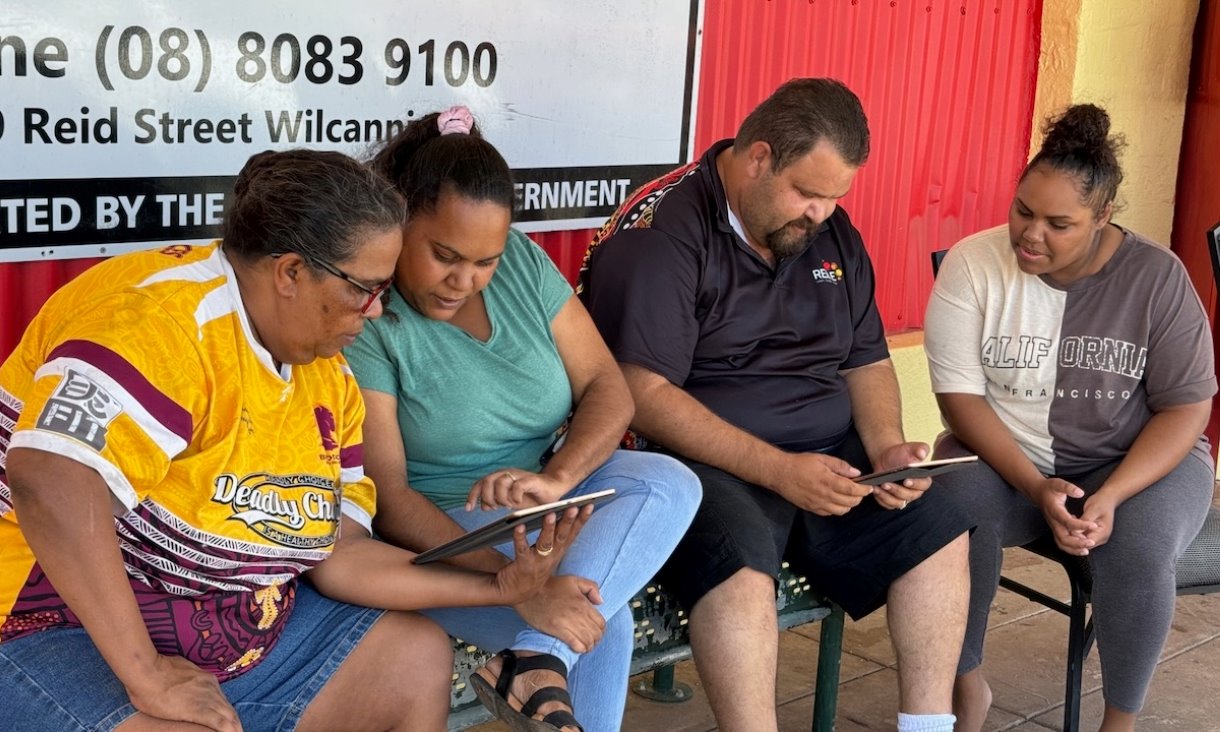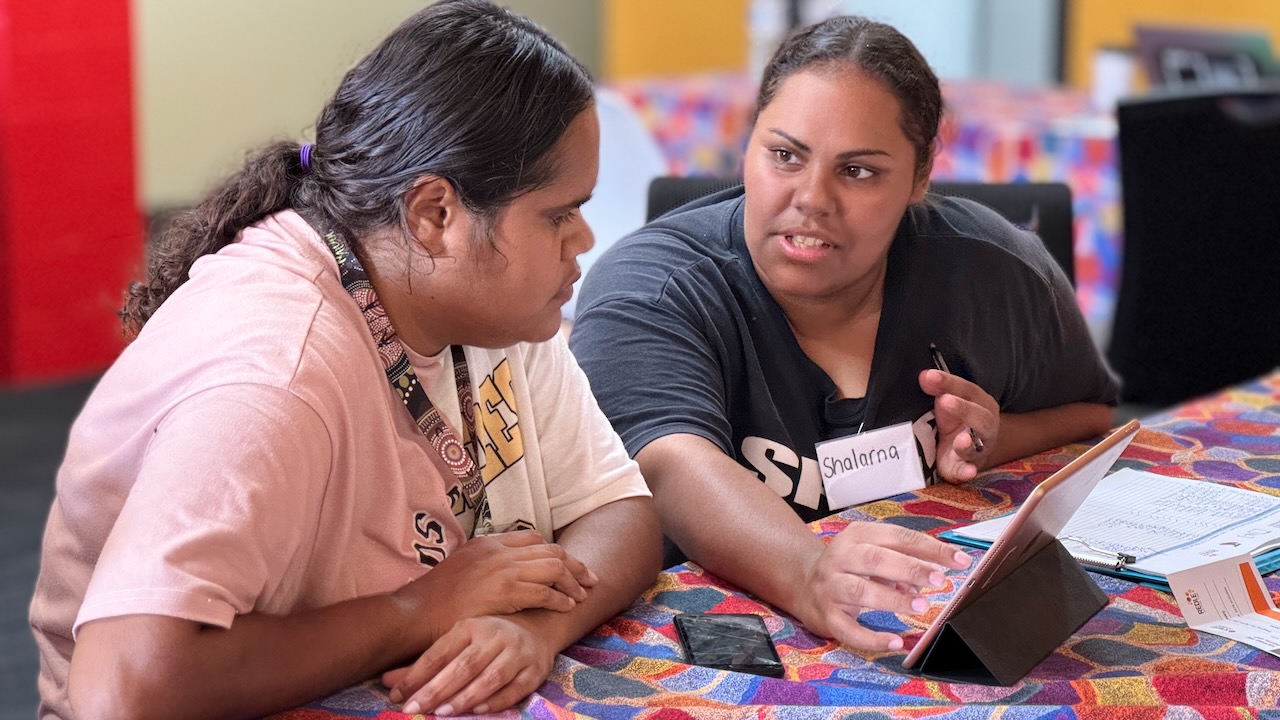Mittul Vahanvati, Senior Lecturer in School of Global, Urban and Social Studies (+677-7382679 or mittul.vahanavati@rmit.edu.au).
Comments originally published in The Conversation article ‘Tinnie army’ leads to NSW flood inquiry call to train community members as first responders. How will that work?
Topics: Disaster management, flooding, disaster recovery, NSW Flooding inquiry, first responders
“Research has shown people affected by disaster often become first responders, so the recommendation recognises that reality. Increasing the knowledge and skills of these individuals could help ensure their safety along with the safety of those they assist.
“There also is a trend in communities that have experienced a number of disasters to self-organise in the face of future disasters. These communities want to be prepared, especially in case government agencies are unable to respond in time. This desire is a result of having endured experiences where things didn’t go so well.
“Other obvious benefits of the program include the ability to draw on community members’ knowledge of local places and people. And when communities can contribute to helping disaster-affected people – whether by assisting with evacuation, managing shelters or providing comfort – that benefits community and individual wellbeing too.”
“Disaster risk reduction and recovery is a joint responsibility of governments and communities. Yet this recommendation seems to place a great deal of responsibility on community alone.
“Training community members would strengthen disaster response and recovery efforts only if affected communities are adequately supported. Trouble can arise, however, when these efforts rely too heavily on community members to fill the gaps in lieu of their official counterparts.
“Another troubling issue is the failure to act on previous disaster inquiry recommendations, which points to the challenges of implementing the current recommendations.
“These findings are probably the result of a few challenges, including short political cycles, the heavy burden already placed on emergency officials and the struggle to build on their past learnings when implementing previous inquiry recommendations.”
Mittul Vahanvati is a senior lecturer at RMIT University’s Sustainability and Urban Planning discipline and Convener of Climate Change Transformations Program at RMIT’s Centre for Urban Research. She works at the intersection of disasters, housing (reconstruction) and community resilience. Mittul is currently in the Solomon Islands.
For media enquiries, please contact RMIT Communications: 0439 704 077 or news@rmit.edu.au


.jpg)

